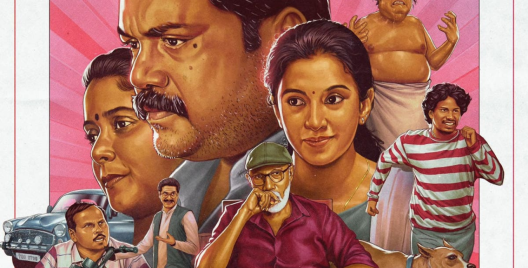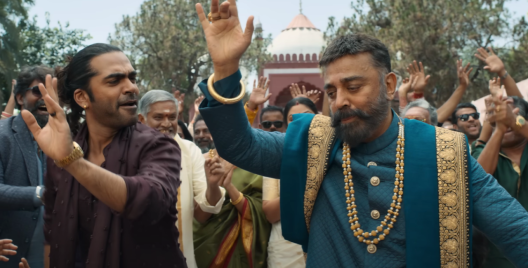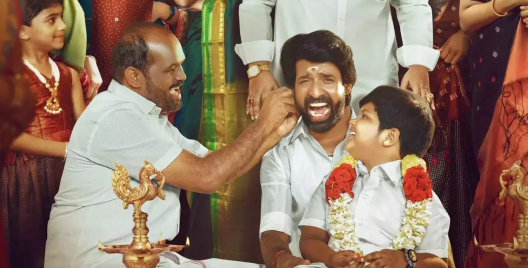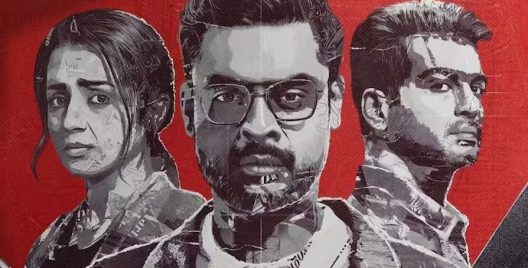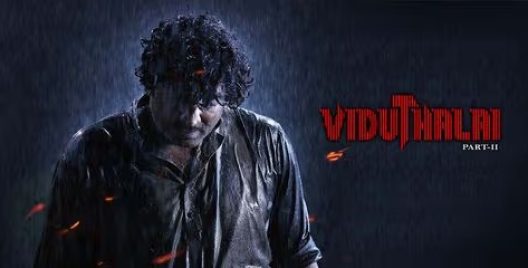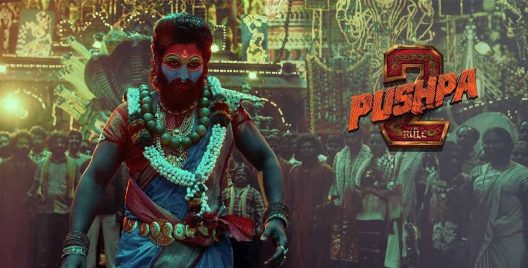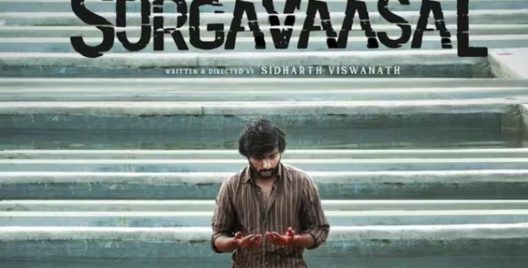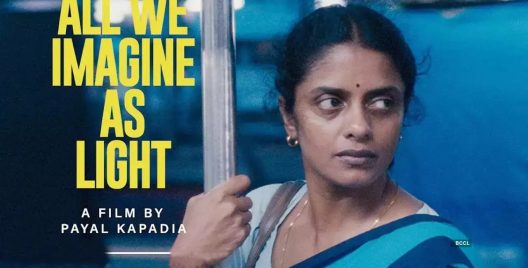Kalki: Ipdilam soli dan pengala exploit panranga, ella vishayathalayum (this is how people are exploiting women, always)
K Balachander’s Kalki (1996) is the story of Chellamma (Geetha), a singer wed to a chauvinistic, sadistic industrialist named Prakash (Prakash Raj). Prakash taunts, hits, and abuses Chellamma. Since Chellamma was unable to bear a child, Prakash and his mother bash her and say hurtful things to her. Till then, a submissive and tolerating Chellamma files for divorce when Prakash prohibits her from singing. Prakash marries Karpagam, a doormat wife, and keeps torturing her like he did his ex-wife Chellamma.
Parallely, Kalki (Shruti), a happy, sensible and brave woman does multiple jobs and tries to make a living out of it. Chellamma, after a few encounters with Kalki (Shruti), becomes friends with her and gets her in as a paying guest. The two women share a beautiful bond, and that’s when Kalki decides to revenge Prakash. She strikes up a friendship with him and ends up bearing his child. Kalki treats Prakash like trash—the way he treated both his wives to teach him a lesson. Prakash, stuck in a convoluted situation, realizes his mistake and makes amends with Karpagam. Kalki delivers the baby and hands it over to Chellamma, an earning mother while she gets a happily ever after with Paranjothi (Rahman). The film opened up to a lot of speculation – Kalki’s outspoken attitude, the path she chooses to teach Prakash a lesson, her clothing choices, everything was criticized and in fact shamed when the movie was released.
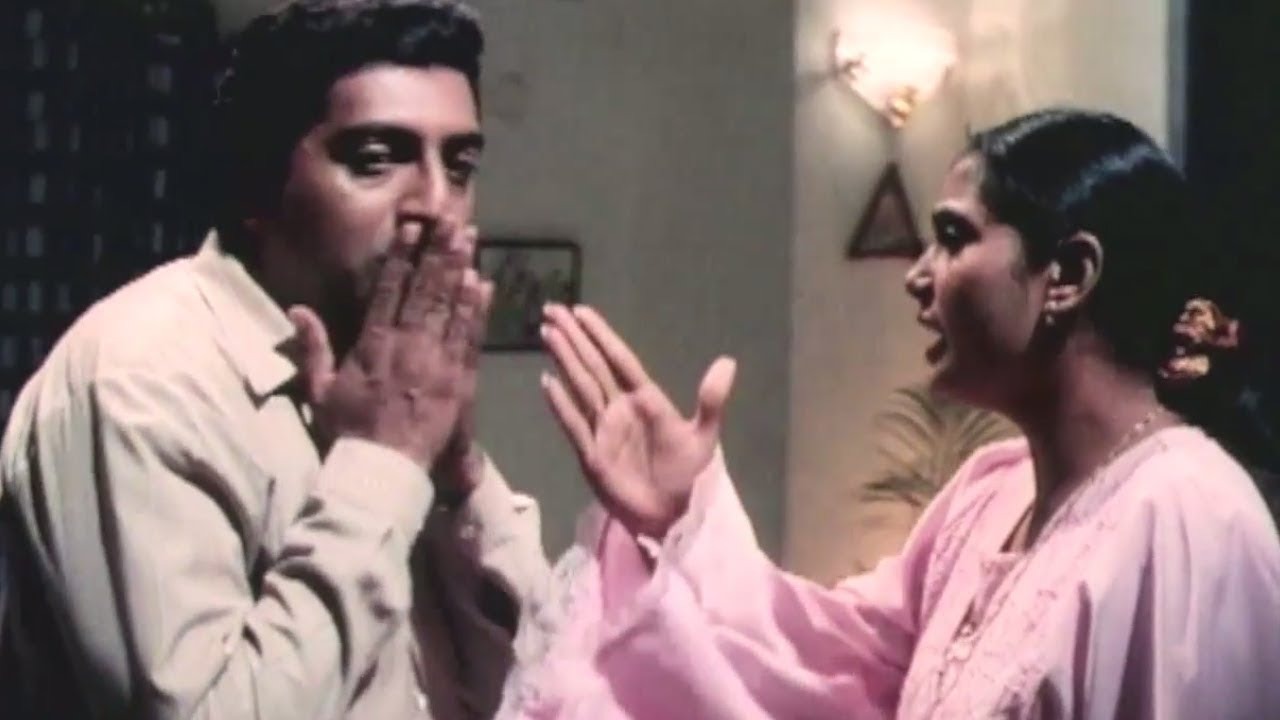
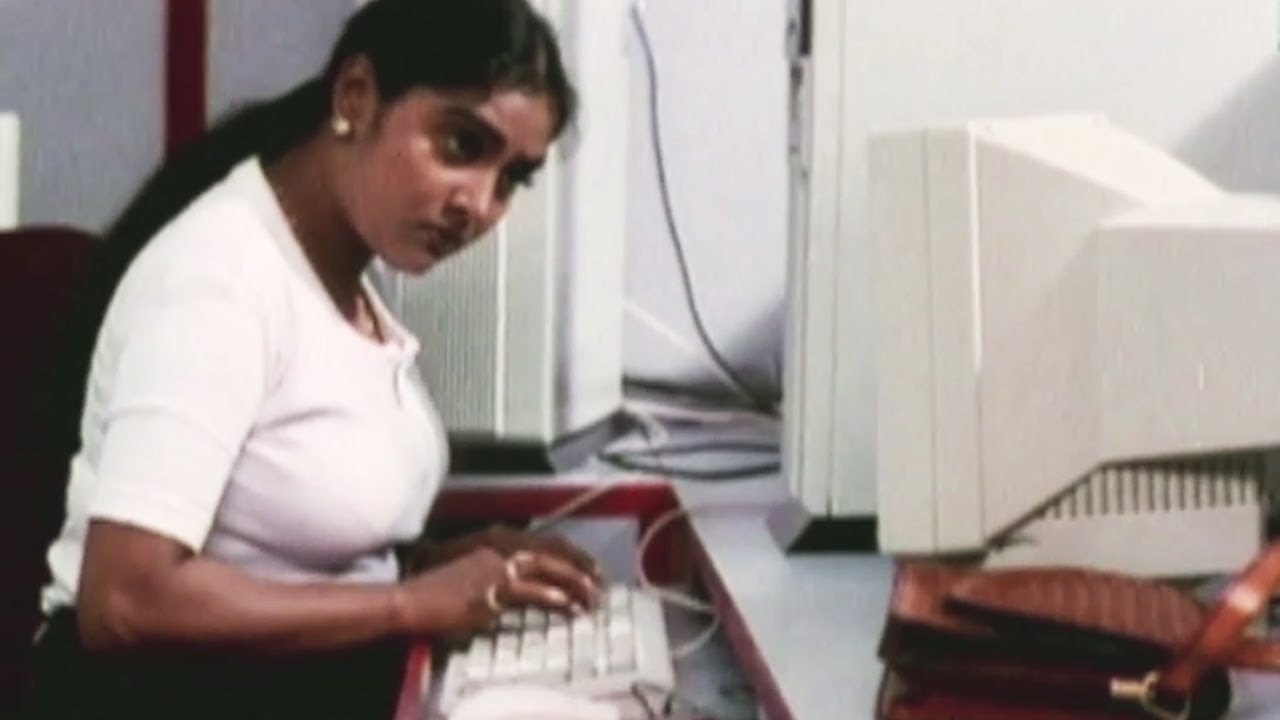
Kalki went on to win accolades from the Tamil Nadu State Government. The film won two state awards: Shruti (for best actress) and Prakash Raj (for best villain).
Tamil cinema has a long history of sexist husbands; in fact, they are inseparable —Kaalam Maari Pochu, Viralukketha Veekkam, Mannan, and Sivaranjiniyum Innum Sila Pengalum, Mayakkam Enna, Gatta Kusthi are just a few films where husbands lived through the misogynistic phrase, “Pombala dane ne” (After all, you are a woman).
Breaking gender norms
Recently, we have been witnessing a number of socially responsible films: Gargi, Jaya Jaya Jaya Jaya Hey, Ammu, The Great Indian Kitchen, etc. But coming off with Kalki in the 90s deserves accolades. Balachander’s Kalki broke a number of gender norms: Kalki bashes the director who verbally abuses her and her friend; she speaks up when her manager tries to sexually harass her; she didn’t hesitate to feature in a HIV/AIDS (a taboo topic even today) advertisement; she satirically explains how men exploit women by quoting mythologies; she opines on the institution of marriage; and much more.
Kalki gives back in style to Prakash, not justifying, but the emotional and physical loop she keeps Prakash in makes him realize and in fact the trauma he is been giving to his ex-wife Chellamma and wife Karpagam. In one scene, Kalki puts Prakash in a situation where she asks him to find one of her slippers. Since his reputation was at stake, Prakash had to do everything Kalki wished. He lets go of his pride and starts searching for it. In another scene, she back questions him when he unintentionally mentions his wife Karpagam; she walks away after teaching him a lesson.
27 years ago, Kalki broke the gender norms; though not glorified then, today she stands tall and is an inspiration to a number of strong female characters in Tamil cinema.





